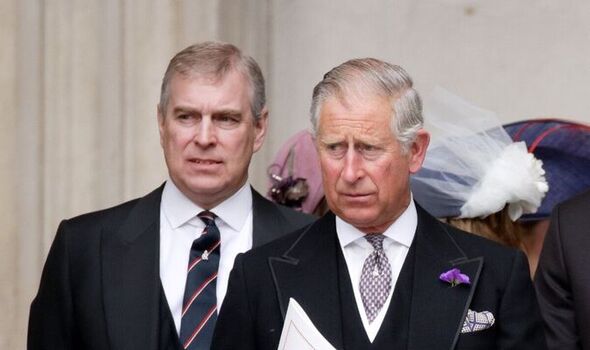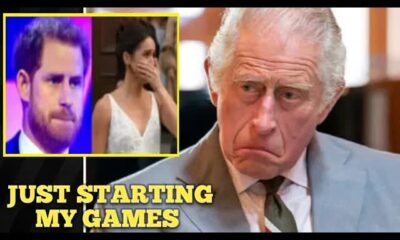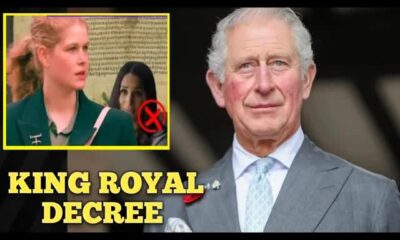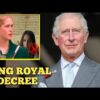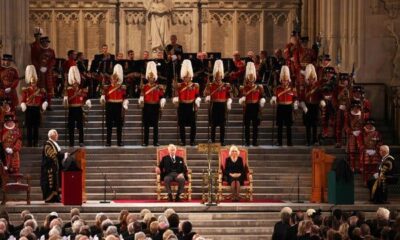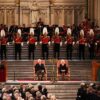The News
King Charles Proposes Changes to Regency Act on His 74th Birthday
King Charles, in celebration of his 74th birthday, has made a significant announcement regarding proposed amendments to the Regency Act.
These changes would allow for an increase in the number of councillors of state who can handle official public affairs in the monarch's absence.
Among the individuals he is looking to include are his sister, Princess Anne, the Princess Royal, and his younger brother, Prince Edward, also known as the Earl of Wessex and Forfar.
The decision to appoint Princess Anne and Prince Edward as councillors of state represents a commendable acknowledgment of the dedication and service they have provided over the years, often without much recognition or reward.
This move signifies a new chapter for the prince and princess, while marking a shift for the current councillors of state, Prince Harry and Prince Andrew.
Despite not being formally relieved of their duties, Prince Harry and Prince Andrew no longer hold official roles within the royal family.
This change reflects King Charles's approach to streamlining the monarchy, ensuring that only those deemed essential remain part of the firm.
The process to implement these changes began swiftly, with King Charles presenting the councillors of state bill to Parliament shortly after announcing his intentions.
The bill underwent thorough discussion in the House of Lords and is set to proceed through all stages before receiving royal assent to become law.
The King's decision to expand the pool of potential substitutes comes ahead of his upcoming overseas tour with Queen Consort Camilla.
This move is perceived as a strategic maneuver to sideline non-working members of the royal family, such as the Duke of Sussex and others who do not actively engage in official duties.
Legal and diplomatic experts have noted that adjusting the number of councillors of state is a more feasible approach than outright removal.
Princess Anne and the Earl of Wessex, both of whom have previously served in similar capacities, are expected to assume these roles permanently.
During discussions in the House of Lords, questions arose regarding the potential addition of other royal family members to the list of councillors of state.
Government representatives indicated that amendments could be proposed to accommodate such changes, emphasizing the importance of aligning with the King's wishes.
As speculation mounts over the future dynamics within the monarchy, observers are left to ponder whether these developments signal the onset of a more streamlined and efficient royal institution.
The ongoing evolution of the royal family structure raises questions about the roles of individuals like Prince Andrew and Prince Harry, prompting discussions on their continued involvement in official duties.
The unfolding narrative surrounding the adjustments to the Regency Act underscores King Charles's commitment to modernizing and optimizing the functioning of the monarchy.
As the legislative process moves forward, the implications of these changes on the royal family's dynamics and operations will undoubtedly continue to captivate public interest.


